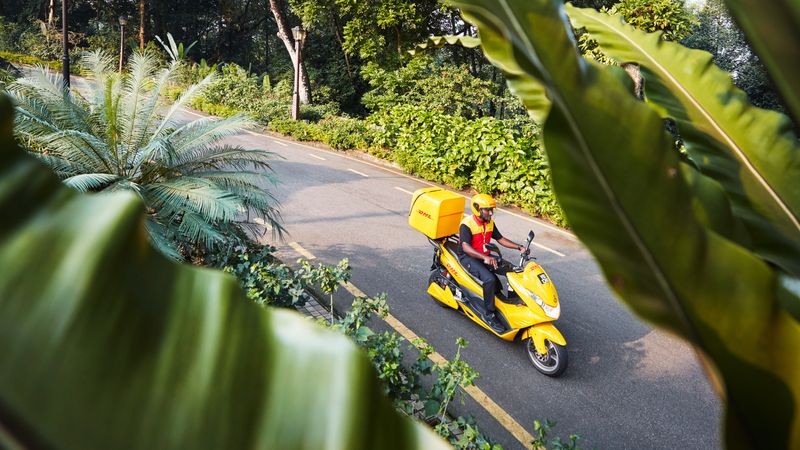Grow your business with the Discover newsletter
Logistics advice & insights straight to your inbox
Subscribe now
According to a report on environmental crime by the UNEP and Interpol, the illegal wildlife trade is worth an estimated US$7 to $23 billion per year, meaning it ranks highly amongst the most profitable illegal businesses in the global arena. This trade often involves the poaching, trafficking, selling and shipping of wild animals and their parts to consumers who eat them, skin them or keep them as pets.
Notable examples include the following:
Logistics firms play a crucial role in curbing illegal wildlife trade, from identifying to reporting suspicions of trafficking. This is especially true since trade necessitates cross-border transactions and shipping, making logistics companies essential players.
As a key figure in global logistics services, DHL Express is committed to preventing such activities and has been constant in our efforts to combat exotic wildlife trade.
To ensure we do not unknowingly become accomplices to the trade, DHL Express has teamed up with TRAFFIC. This non-governmental organisation stops illegal global wildlife trade by educating logistics personnel on ways to detect suspicious packages. From recognising shapes of illegally shipped wildlife products to spotting suspicious outlines of trafficked parts, improving education and raising awareness can go a long way.
Detecting illegal items during shipping is only one part of the solution. Taking action on them is another. As a leading logistics service provider, DHL Express combats illegal trade by taking stricter measures against suspected animal trafficking to ensure the lawful movement of goods.
In hot-spot locations like Cambodia, we encourage the profiling of shippers and consistent engagement of local police for immediate seizures of illicit shipments.
Ensuring such procedures are in place is critical to operational success, especially given more significant sanctions that punish carriers for engaging in unlawful activities such as wildlife trafficking.
As a more general preventive measure that may be ascribed to businesses beyond global logistics, DHL Express also advocates for establishing strict recruitment policies and legally-binding codes of conduct to address illegal wildlife trade. This may include whistle-blowing policies and employee helplines that support reporting of suspicious activities and prevent corruption within the business.
Establishing codes of practice in various countries is another step closer to this aim. For example, in 2019, DHL Express signed a Voluntary Code of Practice to Refuse Delivery of Illegal Wildlife and Products Thereof, with 13 other courier and logistics companies in China. This effectively showcases our commitment to curbing illegal trade in wildlife in a country where such illicit activities occur on a larger scale.
Through other projects DHL Express has consistently promoted awareness and kindness towards wildlife. One such example includes our efforts to relocate the world’s loneliest elephant, Kaavan, to his new home in Cambodia Wildlife Sanctuary in 2020.

Ultimately, as a logistics partner, DHL Express Cambodia recognises our role in the collective responsibility of combating illegal wildlife trafficking and poaching. As we remain focused on collaborating with governments, NGOs and other stakeholders to stop such harmful practices, we urge consumers and businesses to do the same within their capacities. Whether reviewing existing business practices and shipping operations or making more ethical strategies, we hope that more proactive steps can be taken to eliminate crimes against wildlife and create a sustainable future for all.
If you want to partner with a reliable logistics company that takes a strong stance against such crimes, consider opening a business account with DHL Express Cambodia today.